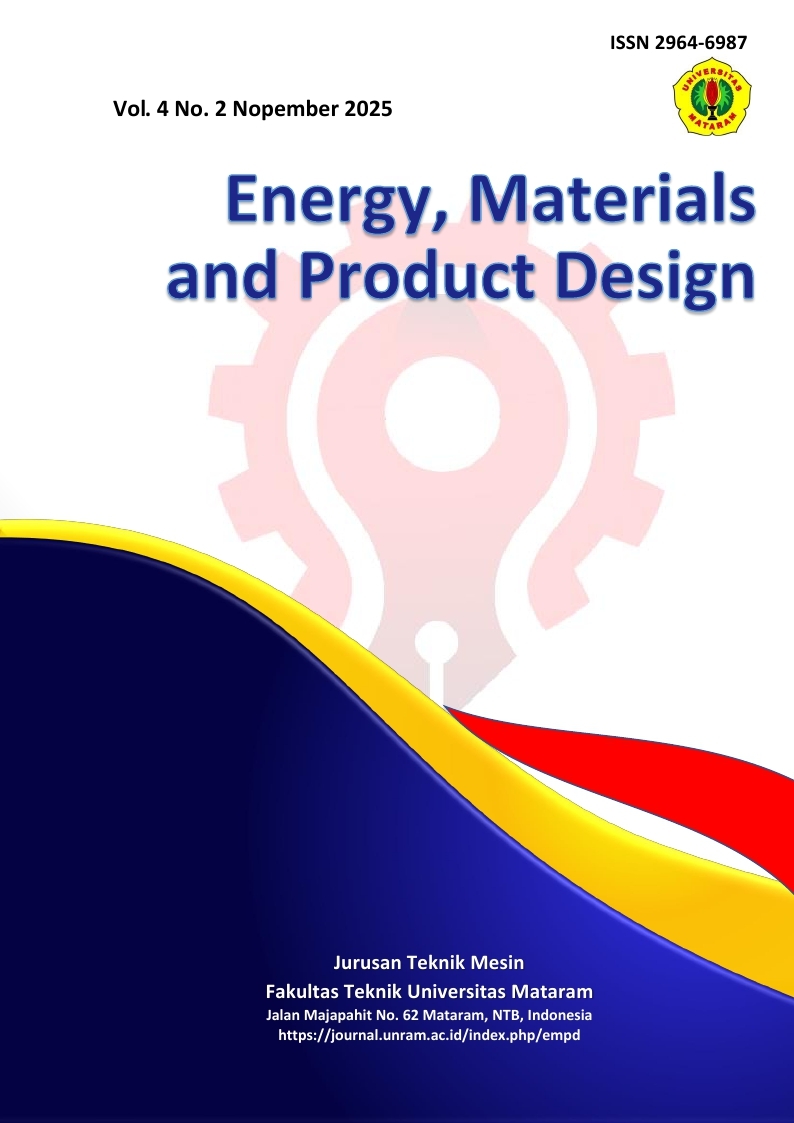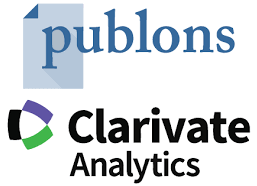STUDY OF RENEWABLE ENERGY AND ECONOMIC IMPROVEMENT FROM UTILIZING RICE HUSK WASTE THROUGH BIOMASS CO-FIRING
DOI:
https://doi.org/10.29303/n0qbf184Keywords:
Rice husk, Renewable energy, Co-firing, EmissionAbstract
Utilizing rice husk waste as a renewable energy source has significant potential to support national energy security while providing added economic value to the community. Indonesia, with rice production reaching 53.14 million tons in 2024, has a potential rice husk waste of 10.63 million tons. With an average calorific value of 14 MJ/kg, the theoretical energy potential of rice husk reaches 148.8×10⁹ MJ, equivalent to 41.33 GWh per year. The use of rice husks as a fuel mixture (co-firing) in coal-fired power plants significantly contributes to increasing the renewable energy mix and reducing greenhouse gas emissions. According to PLN data, the biomass co-firing program has been implemented in 46 PLTUs by 2023, with biomass usage reaching 1 million tons and emissions reductions of approximately 1.05 million tons of CO₂e. Rice husk co-firing trials at several coal-fired power plants, such as Jeranjang, Paiton, and Suralaya, demonstrated stable operation with high efficiency and a reduction in SO₂ emissions of up to 29.22%. Despite its lower calorific value than coal and high ash content (up to 20.67%), rice husk still has the potential to be used at a ratio of 20–30% of the energy mass. Its silica (SiO₂) content, which reaches 95.52%, poses challenges such as slagging and fouling, but the ash residue can be used as a cement mixture or silica powder. Utilizing rice husks through the direct co-firing method is considered most suitable for coal-fired power plants in Indonesia because it is inexpensive and easy to implement without significant modifications. Overall, rice husk co-firing can support the clean energy transition, reduce dependence on coal, improve the rural circular economy, and contribute to Indonesia's 2060 Net Zero Emission target.
Downloads
Published
Issue
Section
License
Copyright (c) 2025 I Gede Bawa Susana, I Gusti Agung Ketut Chatur Adhi Wirya Aryadi

This work is licensed under a Creative Commons Attribution-NonCommercial 4.0 International License.











